Open or Not? Two Preschools Weigh Risks
Temple Sinai and Congregation B’nai Torah preschools get expert opinions on reopening and choose separate paths.
They are only a short 10-minute drive from one another in Sandy Springs, but two of Atlanta’s synagogues, Temple Sinai and Congregation B’nai Torah, are on opposite sides of the controversial question of whether schools should return to classroom learning.
Temple Sinai, which fully reopened its preschool and nursery Aug. 24, has had expert guidance in its decision. According to Marisa Kaiser, the Reform synagogue’s director of Lifelong Learning, the decision follows the advice of their COVID Task Force, which includes medical experts.
“We have a physician panel that has been looking at CDC guidelines right from the start as well as the American Academy of Pediatrics guidelines. Basically, through their counsel and the work of the Task Force, we’ve created our opening guidelines to do it safely and effectively.”
Four miles down Mount Vernon Highway, Congregation B’nai Torah, which also has a popular preschool program for children, began a new school year virtually on Aug. 18. For the Conservative synagogue, which closed its preschool and its sanctuary in mid-March, it’s been a constant process of watching the COVID-19 numbers. Preschool director Ilana Burstein said that B’nai Torah’s experts have concluded that now is not the time to teach face-to-face.
“We’re reassessing all the time where we are, where the numbers are at and if it is safe to open. At the moment, they are advising us not to open.”
So every Monday Burstein and her staff distribute a list of education activities for parents with preschool students. The activities supplement the two weekly Zoom classes of about an hour each. An additional Shabbat program on Friday is also part of the program. According to Burstein, teachers are also expected to have a personal conversation online with each parent each week to help assess the educational progress their child is making.
“It’s a great way to involve parents in their children’s development. It gives them a hands-on experience. And they know exactly where their child is at, and where developmentally their child is at.”
Nonetheless, guidelines issued by the AAP in June recommend that students be “as physically present in the classroom as possible.”
And online learning is not good enough, according to Dr. Sean O’Reilly, a pediatrician and infectious disease specialist at the University of Colorado who helped formulate the guidelines.
He told The New York Times, “As pediatricians, many of us have recognized already the impact that having schools closed even for a couple months has had on children. At the same time, a lot of us are parents. We experienced our own kids doing online learning. There really wasn’t a lot of learning happening. Now we’re seeing studies documenting this. Kids being home led to increases in behavioral health problems.”
Rabbi Brad Levenberg of Temple Sinai believes that the question of reopening is a complex one that balances the need for safety with a variety of other imperatives.
“I would say that we kept two questions in mind as we navigated our options: How can we best meet the needs of our families and how can we do so safely for our families, teachers and staff?”
The families of preschool students have the option of joining classes now, after the high holidays or in January 2021. Kaiser, the synagogue’s educational head, sees an enrollment in the under-five age group topping 75 by early next year.
“Parents want their kids to socialize. The social and emotional needs of children is really crucial. And so our parents are really appreciative that we are providing that. But safety is number one. So, you know, we had to really think through every detail to give parents all of the information so that they can make the best choice possible for themselves.”
Just how contagious young children are is an issue that is not fully understood. Dr. Anthony Fauci, America’s top infectious disease expert, told Yahoo.com earlier this month that “even very young children have a high degree of virus,” and that we still don’t understand the extent of their ability to spread the virus. However, he believes we will have a better idea in the “coming weeks and months,” as children head back to school.
So while Temple Sinai proceeds with the reopening of its school program, Rabbi Joshua Heller at Congregation B’nai Torah, with its preschool at capacity, is watching and waiting.
“We saw what had happened in some other early childhood programs over the summer, and we wanted to make sure that numbers were continuing to decline so that we did not reopen just to have to close again.”



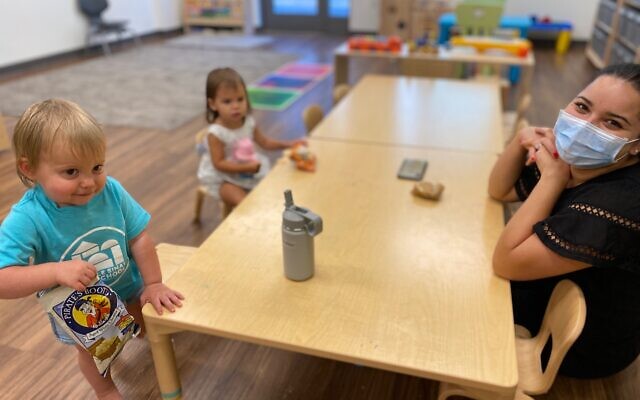
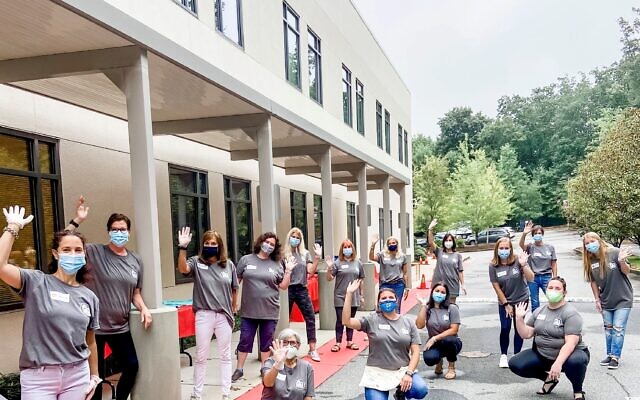
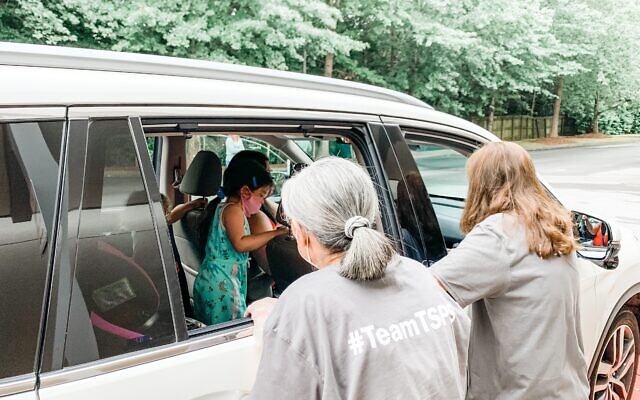
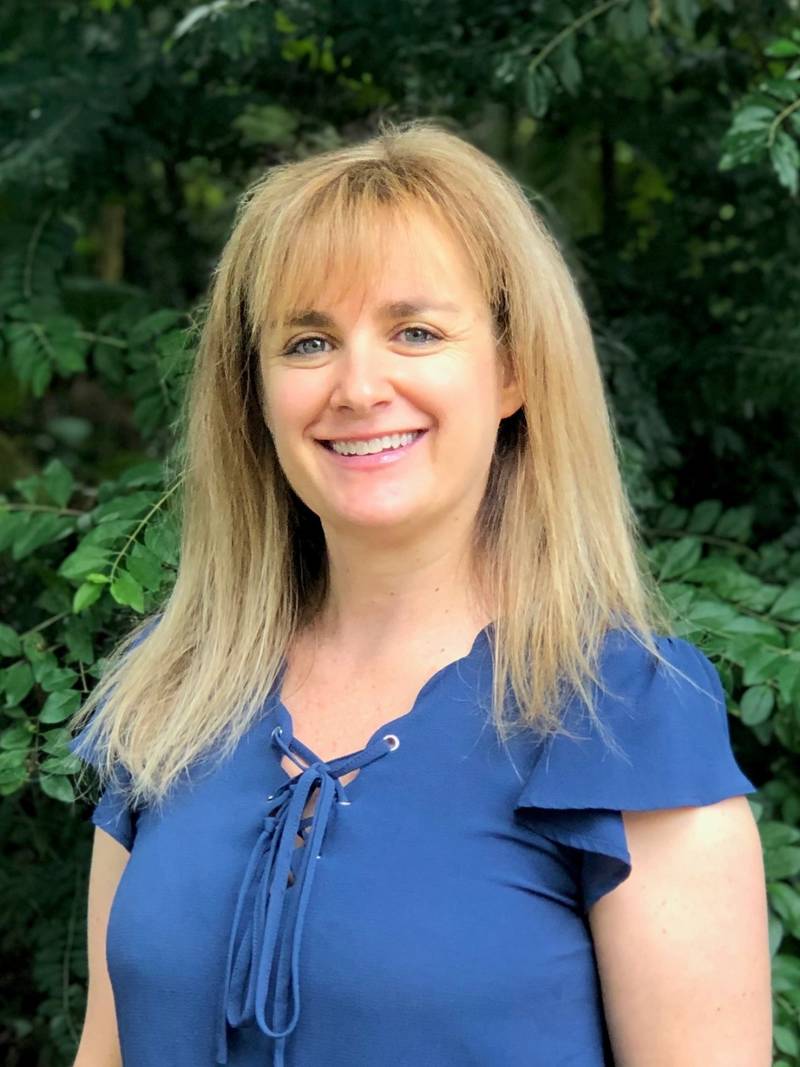
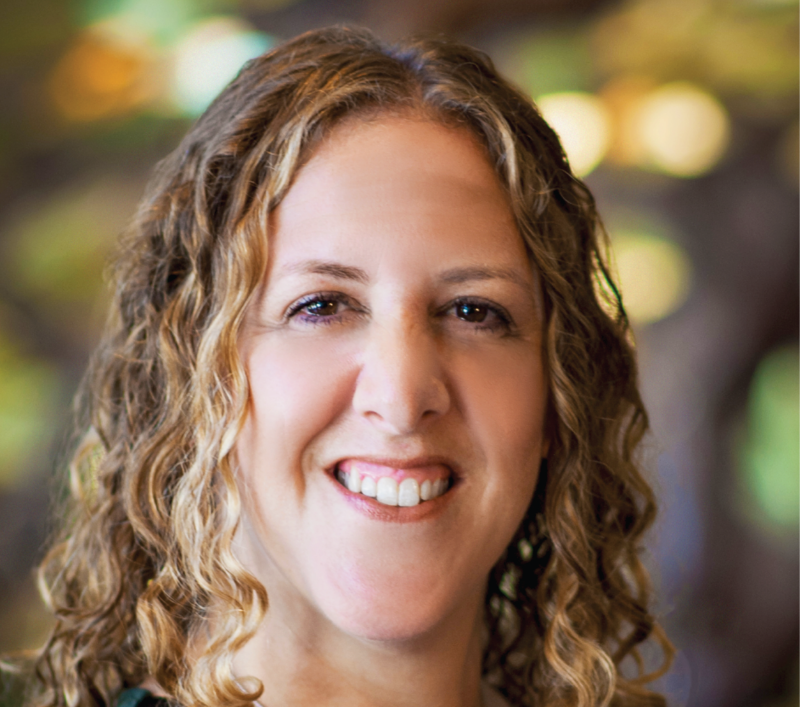
comments